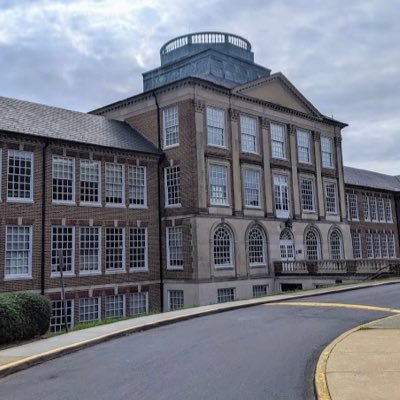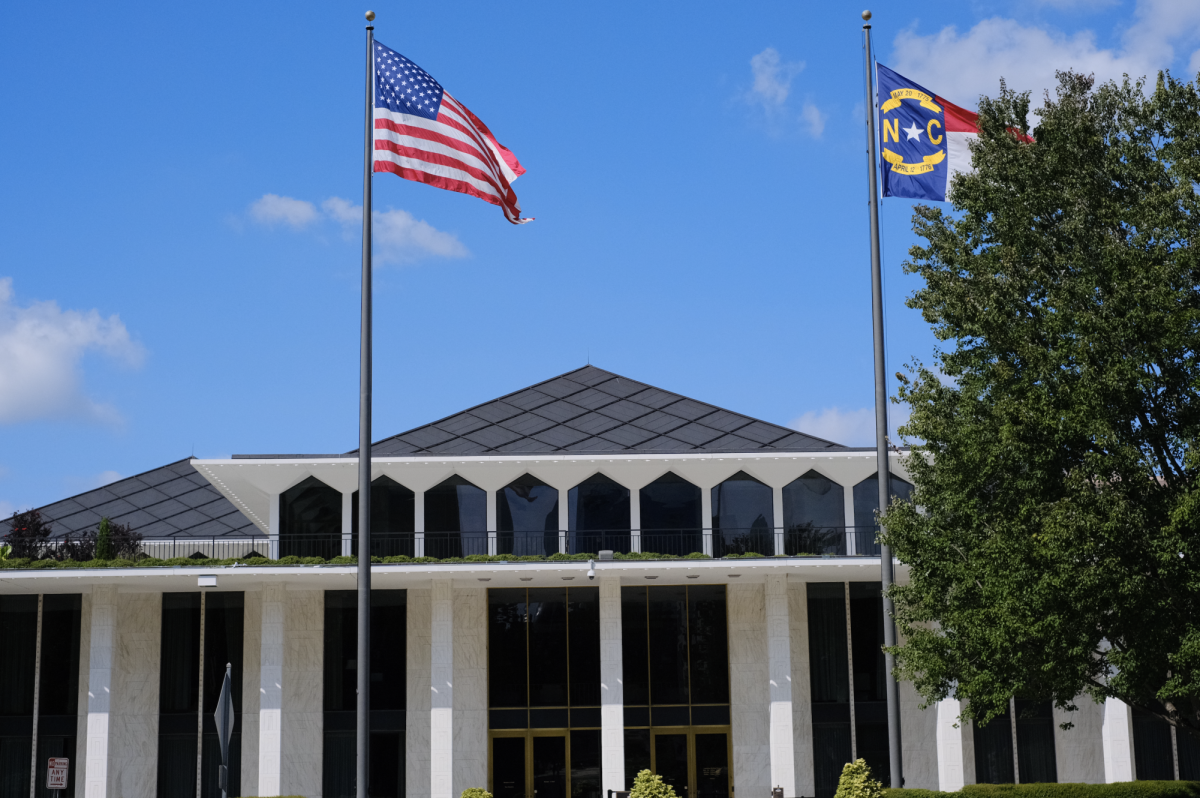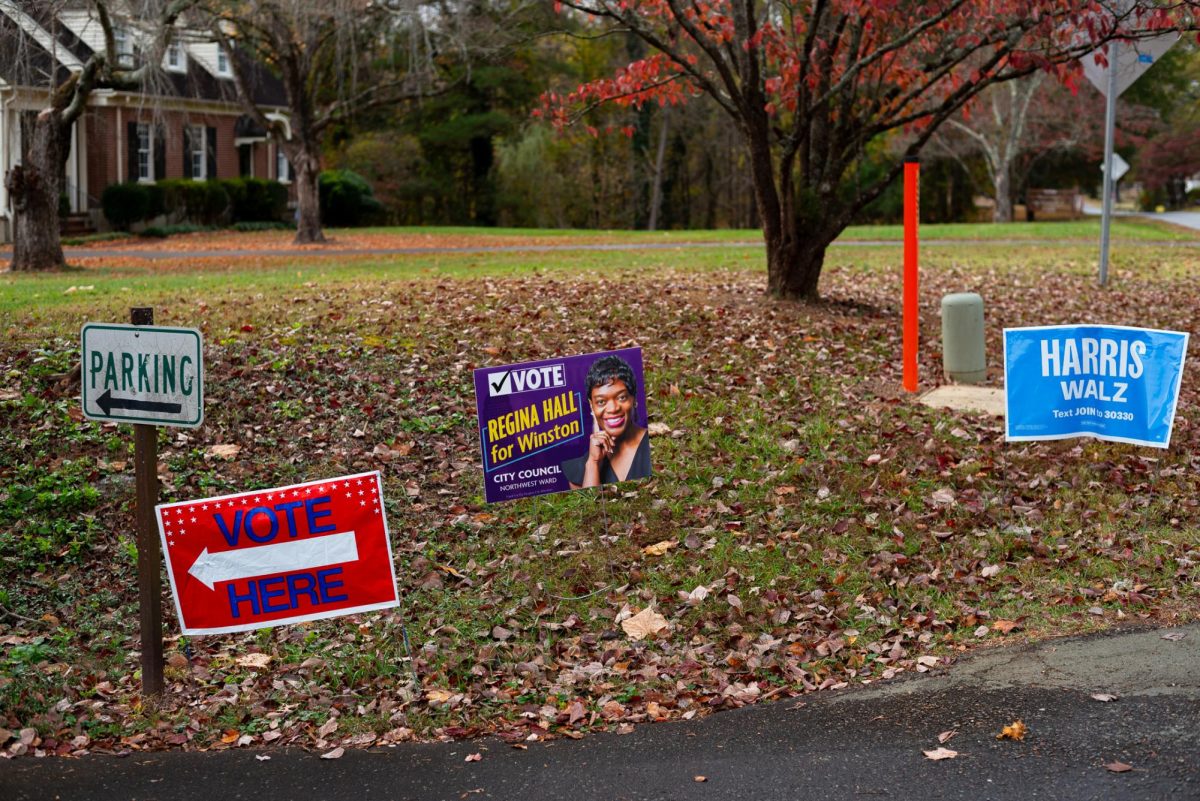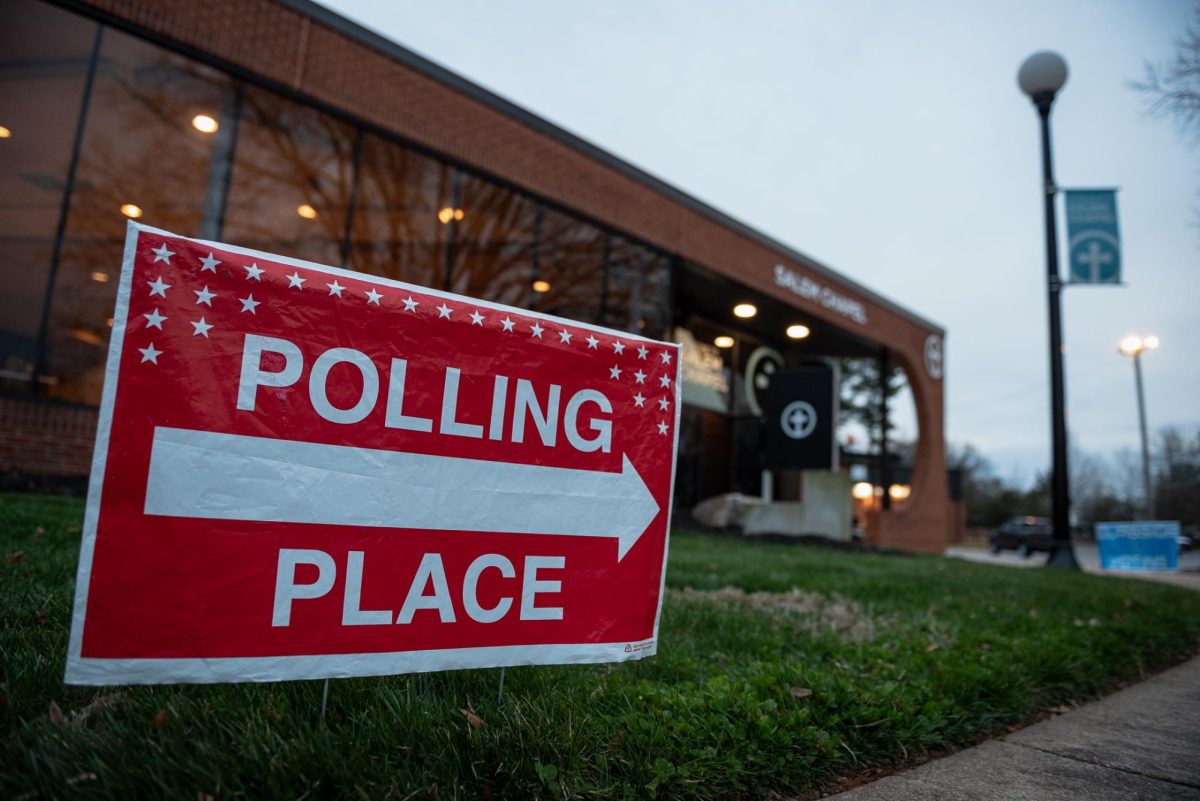North Carolina voters are some of the most sought-after in the 2024 presidential election. Both the Democrats and Republicans are massively emphasizing winning over these voters positioned in the battleground state. However, amid all the noise, an unusual piece on the North Carolina ballot is turning heads.
The unassuming amendment has far-reaching implications for voting rights in the state of North Carolina. The ballot measure under the “REFENDA” section says as follows:
“Constitutional amendment to provide that only a citizen of the United States who is 18 years of age and otherwise possessing the qualifications for voting shall be entitled to vote at any election in this State,” the measure reads.

Voters are right to be confused. After all, this is already the law of the land. And not just a state statute. It’s a federal standard established by the 14th Amendment of the U.S. Constitution which reads as follows:
“Every person born in the United States and every person who has been naturalized, 18 years of age, and possessing the qualifications set out in this Article, shall be entitled to vote at any election by the people of the State, except as herein otherwise provided.”
That’s also word-for-word what the North Carolina state constitution says now. The difference? The new language proposed by the measure removes the word “naturalized.” Also the phrase “only” replaces the phrase “every.” The right of naturalized citizens to vote is still constitutionally protected.
Proponents of this amendment, largely Republican, want the wording to be more concrete to prevent misinterpretation in the future. According to one of the bill’s chief sponsors, North Carolina House Speaker Tim Moore, the proposal is aimed at preserving election integrity and preventing potential foreign influence in elections.
“Recent efforts to allow non-citizens to vote would undermine the public’s confidence in our electoral system and leave the door open for chaos and election fraud to take hold,” Moore said. “Preventing non-citizens from voting in our elections also helps maintain national sovereignty, as it prevents foreign influence from affecting the outcomes of American elections, and this amendment to our constitution would further strengthen election integrity in North Carolina.”
Noncitizens cannot vote in state or federal elections in any part of the United States.
Another Republican sponsor, House Committee Chairman Destin Hall, argued that the current constitution reading “may be a floor up rather than the ceiling of who can vote,” suggesting that future judges on courts may loosely interpret the current law for exploitative purposes.
Republicans have cited other cities such as San Francisco and Washington D.C. where noncitizens are allowed to vote in local elections, not state or federal ones. They reference the surge of migrants crossing the border illegally in recent years and how they could influence elections.
Voting against this measure would keep the current wording in the state constitution unchanged, with noncitizens still being excluded from voting in North Carolina. Many Democrats and other groups in the state believe that this ballot measure is unnecessary and will, “sow confusion among immigrant voters who are legally allowed to vote”.
“This is an insidious change to the constitution that sets a dangerous precedent for setting up barriers for eligible North Carolinians to have a say in our future,” Co-founder and Executive Director of North Carolina Asian Americans Together Chavi Khanna Koneru said in a press conference at the NC General Assembly with lawmakers in May.
This potential amendment, although it appears as a matter of changing words — people like Koneru argue it will have far-reaching implications for those who can exercise their right to vote in North Carolina.
In this election, North Carolina voters will not only choose the next leader of the United States but also give their input on a potential change to the state constitution — one that could reshape the language around voter eligibility in future elections.








Janet Petrone • Oct 24, 2024 at 2:05 pm
It states 18 years old, rather than 18 years and older.
It seems technically incorrect.
Bryan King • Oct 25, 2024 at 5:00 pm
This legislation amendment is deceiving no matter what side you are on. If this was in the ballot there should have been more public education in the change and implications from a non partisan group. The vote For or Against is very confusing. If you are looking for tighter control, do you vote For or Against, and vice versa. The results should be thrown out and a separate referendum conducted with appropriate education and wording.